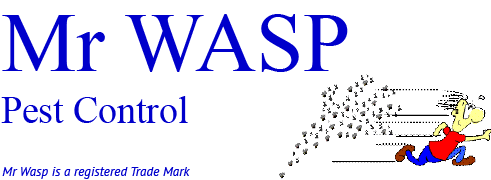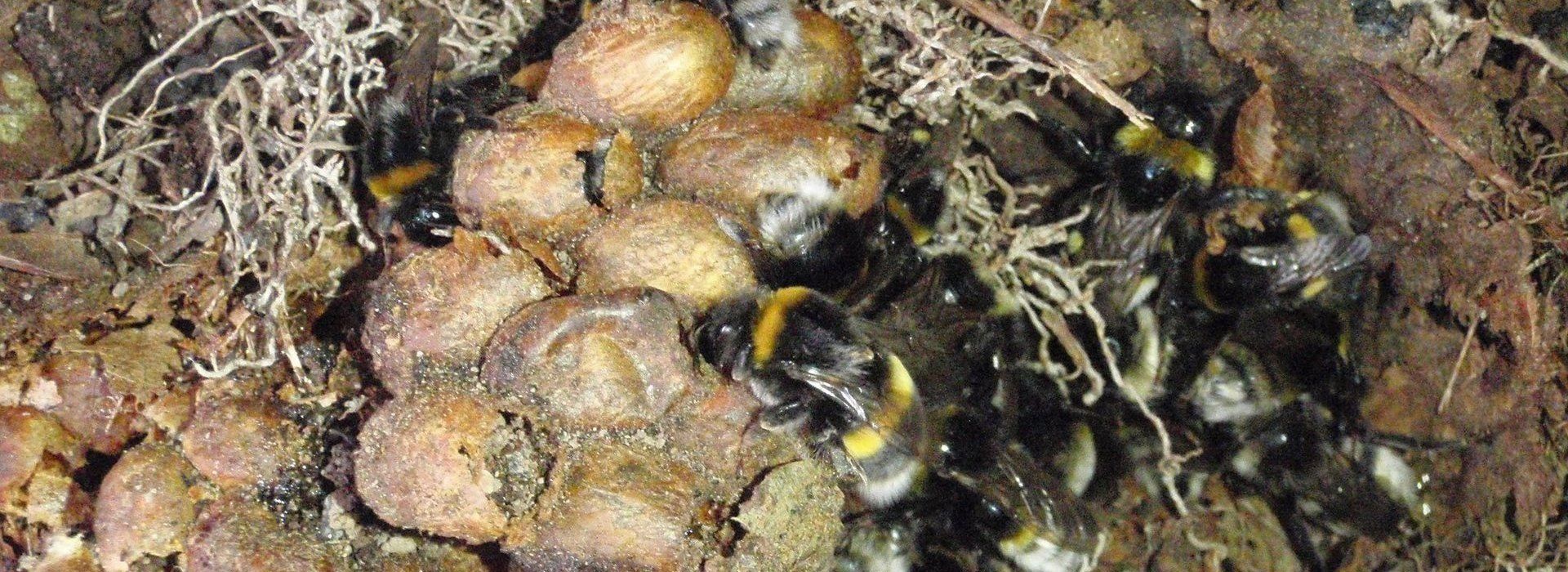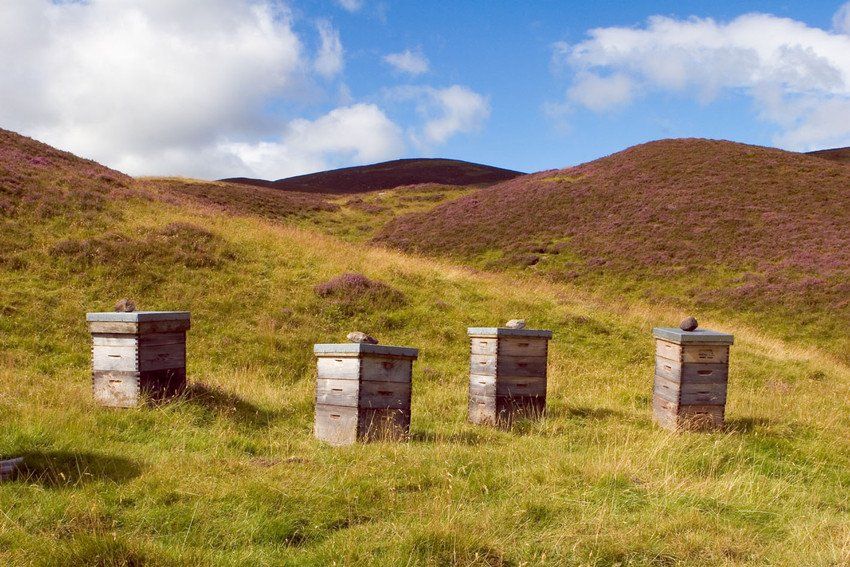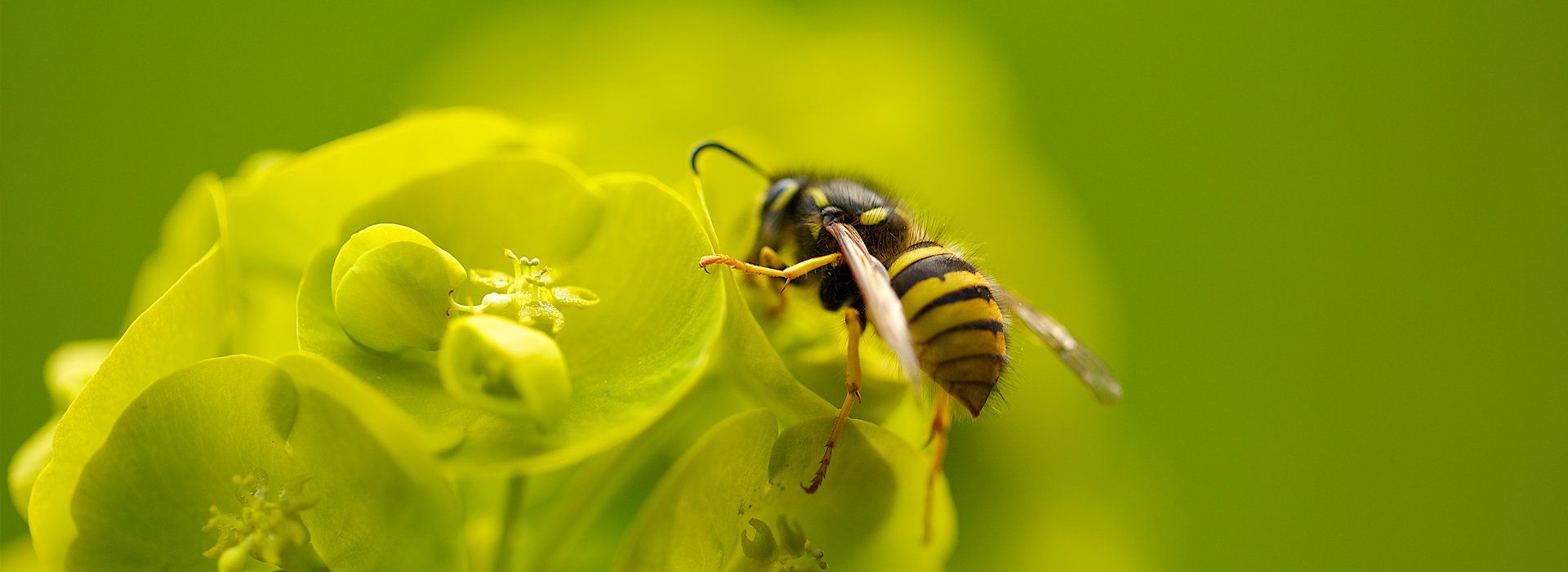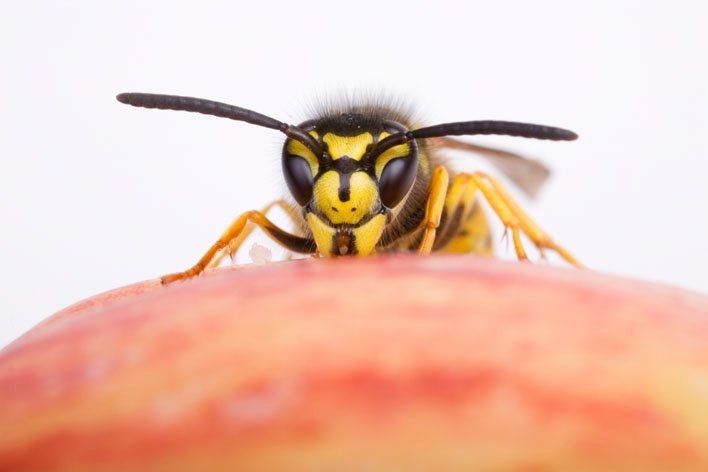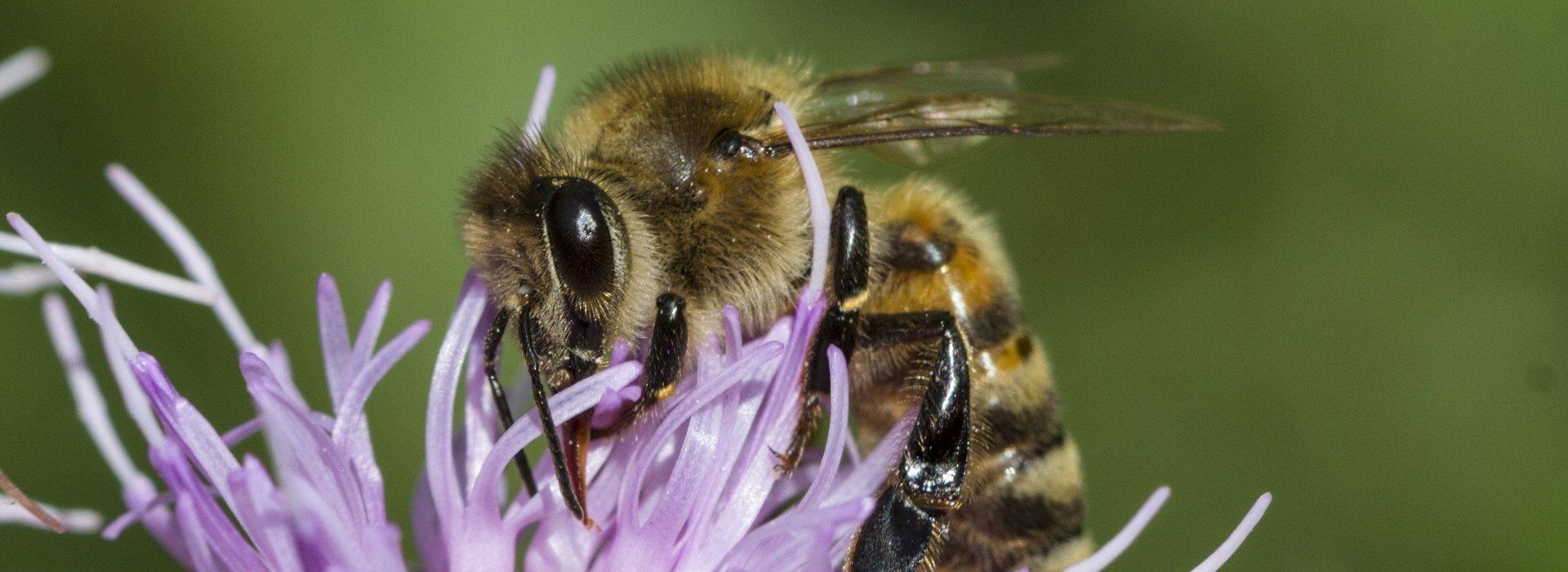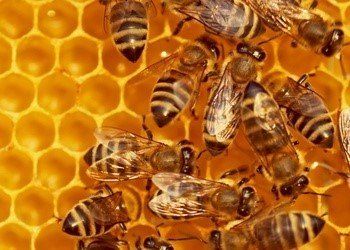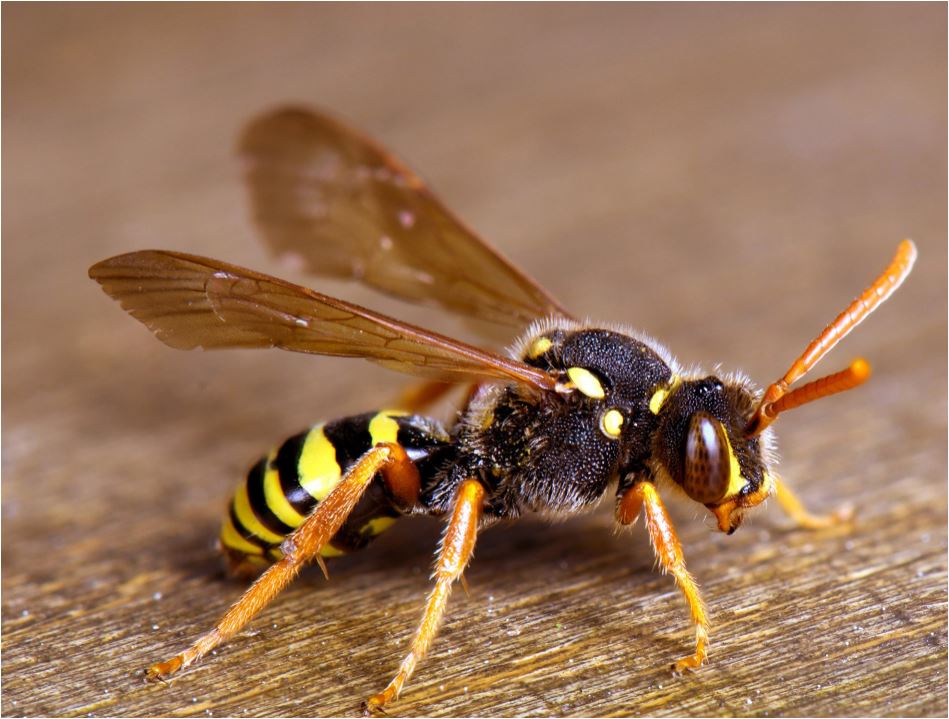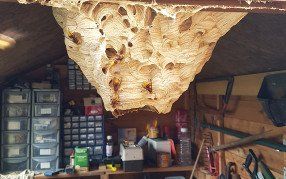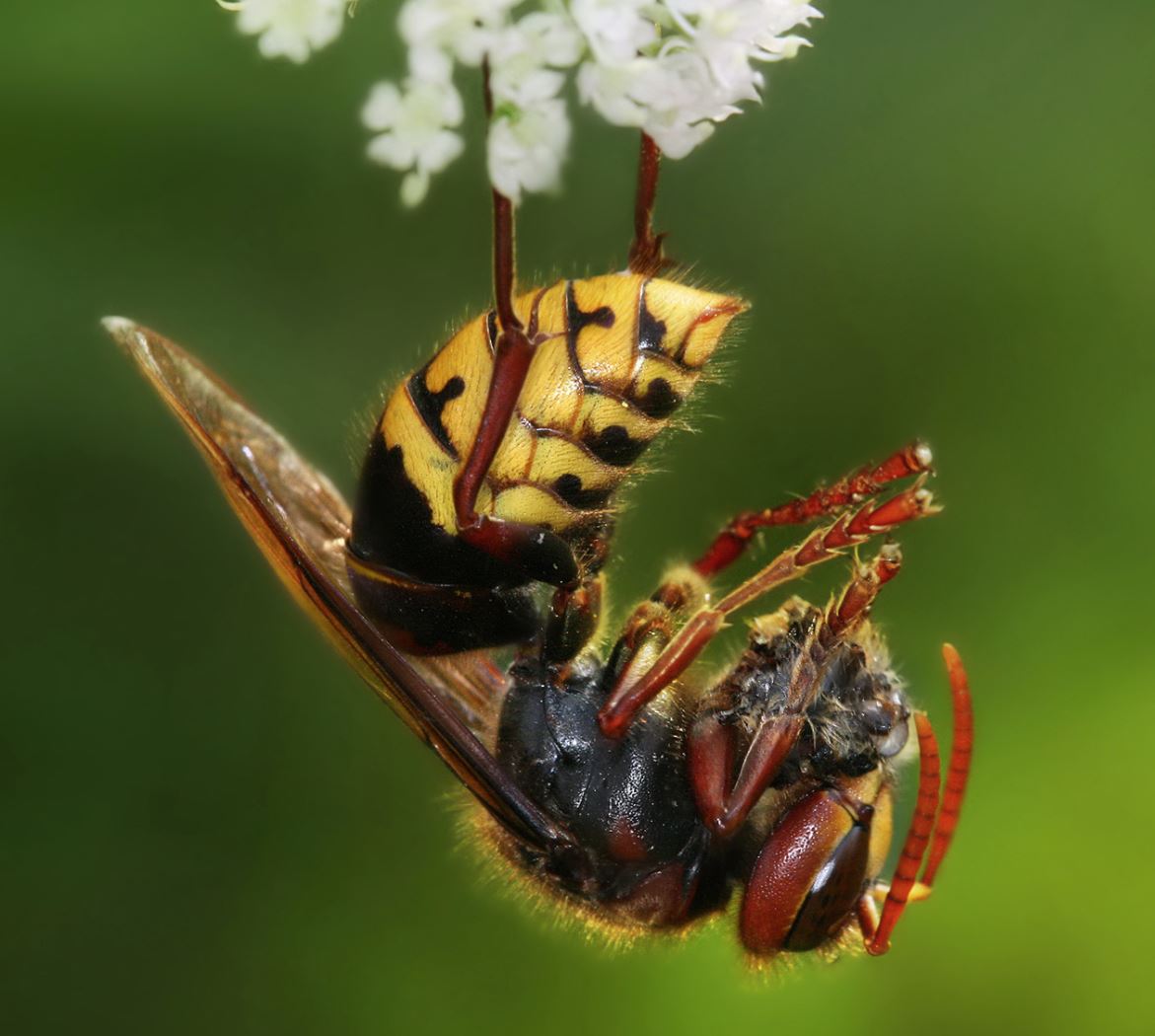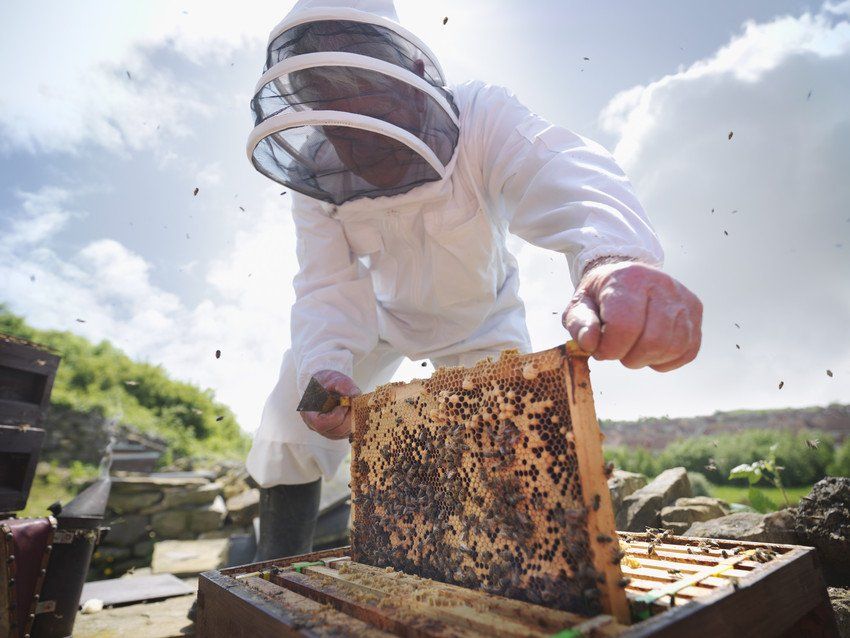The Importance of Protecting Bees (And How We Can Help)
Integral to our ecosystem, bees play a critical role in our planet’s present health and potential future, as they’re directly responsible for the pollination and subsequent growth of a long list of plants, fruits and vegetables. More recently, the very existence of bees has become under threat, and as we embrace the prospect of a climate emergency, we face a very real possibility of their extinction and, as a result, a serious collapse in our plant’s long-standing ecosystem. In this article, we analyse just why bees are so important, why we need to protect them at all costs, and what exactly we can do to help.
Why Are Bees Important?
As suggested, bees play an essential role in our planet’s ecosystem, and their very presence alone contributes to a wide range of factors. Responsible for the pollination of plants, bees have a significant impact on the environment. Below, we highlight some of the essential impacts bees have on our collective ecosystem.
Plants and Pollination
Absolutely essential to the future of our ecosystem, bees provide pollination for a long list of flowering plants that all require fertilisation. The vast majority of our vegetables, fruits and crops that feed livestock rely on this fertilisation, with vegetables such as broccoli, asparagus and cucumber all relying on bee pollination to exist. Unlike most other natural pollinators, bees are able to carry out their pollination on a much larger scale, which helps facilitate the continual growth of strawberries, tomatoes and almonds among others.
Farming and Honey
The vast majority of farmers rely on the diversity of bees to pollinate their produce, with evidence suggesting that certain types of bees can help improve the pollination of specific plants, helping to improve their quality, nutritional value and shelf life. For example, bumblebees and solitary bees will feed on different parts of a strawberry flower, which when combined, results in larger, juicier and more evenly shaped strawberry fruits. Garden bees, meanwhile, are far better at pollinating honeysuckle or foxglove flowers than most other species, due to their long tongue. On the flip side of this, farmers will not only keep bees to maintain their ecosystem and help pollinate the appropriate flowers, but they will also produce natural honey, a rich and entirely organic source of sugar that we don’t facilitate nearly enough as a collective.
Ecosystem and Environment
Absolutely vital to our ecosystem and natural environment, bees help to continue the circle of life through the pollination of wildflowers, which later become a key food source and habitat for an extensive range of creatures. Pollinators allow plants to fruit, seed and breed, and without them, we risk an entire collapse of our natural ecosystem, which could have inconceivable consequences for the future of our planet. In many ways, the health and prosperity of bees and our ecosystem go hand-in-hand, as one falters, so too does the other and as our bee population declines, our environment suffers exponentially.
Why Are We Losing Them?
Bees are increasingly under threat, with increased use of pesticides, a reduction of habitat and an ever-changing climate, bees are suddenly disappearing in far greater numbers than we can realistically allow for. Let’s take a closer look at the key reasons why we’re losing bees across the UK and beyond.
Habitat Loss
With an ever-expanding urban environment, thanks to a growing population and requirement for housing, the natural habitat across the world is shrinking. Combine this reduction in turf with the invasive farming methods required to support the demand for meat and dairy products, and you quickly begin to wonder where our wildlife is meant to find a home. This is particularly harmful to bees, with many species of bee finding solace in hollow trees, nesting inside their trunks, whilst also requiring an abundance of flowering plants and meadows to feed and thrive. As our natural habitats shrink, so do the places in which a bee can sleep and eat, threatening their very existence in the process.
Pesticide Use
A very real threat to the ongoing existence of bees is the continued use of toxic pesticides used by farmers to protect their crops from the negative impact of pests. Unfortunately, however, a domino effect of this is that pesticides will not simply kill pests, they will also kill the majority of insects and bugs they come into contact with, and this includes bees. Neonicotinoids, for example, can put bees in severe harm's way, as they can ingest this toxin whenever they pollinate a plant that has been sprayed with it, damaging their central nervous system and eventually killing them.
Climate Change
The impact of climate change is increasingly being felt on all of us, with constantly changing or unpredictable weather, extreme temperatures, unexpected rainfall and droughts all becoming more and more prominent as we shift ever closer to a potential climate emergency. Worryingly, this is beginning to have an alarming effect on bees and, as a result, our entire ecosystem. With behaviours being altered to suit the changing climate and typical seasonal timings seemingly out of sync, flowers may bloom too early, or later than expected, ultimately impacting a bees natural instinct to pollinate and feed.
Parasites and Disease
Much like any other insect, animal or even human, bees are susceptible to the harmful effects of parasites and disease. For instance, the varroa mite, Varroa destructor, is a parasitic mite capable of clinging to the back of the honey bee, passing diseases and viruses and gradually draining its life source.
Invasive Species
In the UK, honey bees have increasingly come under threat from non-native, invasive species such as the Asian hornet, Vespa velutina nigrithorax, who are known to eat honey bees as a food source and thus pose a great risk to their existence.
How Can We Help?
It’s never too late to start making a difference, and fortunately, it’s not too late to save our bees from extinction either. And though large corporations and governments across the world must still act to prevent a serious climate catastrophe, there are many ways in which we can protect bees at home, to make a significant difference to the future of their existence.
Go Floral
Surrounding and filling your garden with bee-friendly plants, shrubbery and flowers is a simple and effective way to generate a safe and nutritious environment for bees at home. Bees are well known to favour a wide variety of flowering plants for both food and pollination, including foxglove, birdsfoot trefoil and red clover, all very common plants that are easy to grow in your own back garden.
Provide Shelter
Another great way of enticing bees to your garden and ensuring they are safe and looked after is to install a bee shelter in your own backyard. As with most typical invertebrates, bees require shelter to nest and hibernate, so by building your own hotel, or, “bee-n-bee”, (sorry), you’ll be creating a perfect habitat for your bees.
Omit Pesticides
As suggested, the use of pesticides is having a devastating effect on bees, posing a potentially lethal threat that could have a lasting impact on our ecosystem. One of the simplest and most effective ways of reducing this risk is to omit the use of pesticides at home and protect them from harmful toxins. Removing pests may seem ideal in protecting your crops from infestation, but in doing so, you may be eradicating a food supply for crucial pollinators, which is why it may in fact be more beneficial to allow them to be controlled naturally, helping bees in the process.
Be(e) Kind
A common occurrence, particularly on hot days, is to find a bee unmoving on the ground. What at first, may appear like a dead bee, may, in fact, instead be suffering from heatstroke and dehydration. Saving a bee's life is as simple as providing them with some carefully mixed sugar water, as this will provide them with the energy and hydration required to buzz back into life. Remember; simply by mixing two tablespoons of white, granulated sugar with one tablespoon of water, you could potentially rescue a bee's life from a simple act of kindness.
Mr Wasp - Safe Pest Removal Across Cardiff, Newport and South Wales
Searching for safe pest removal across Cardiff, Newport and the surrounding area? Look no further than Mr Wasp. If you require assistance dealing with a bee, wasp or hornet invasion at your home or business, and are looking for the safe removal of these creatures, we’re the go-to pest control company in South Wales.
We’re a family run business that works tirelessly to solve your pest problems and ensure their removal is safe, efficient and cost-effective for our consumers. With a 24/7 call-out service, look no further than Mr Wasp for all your pest control needs.
Contact us today.
